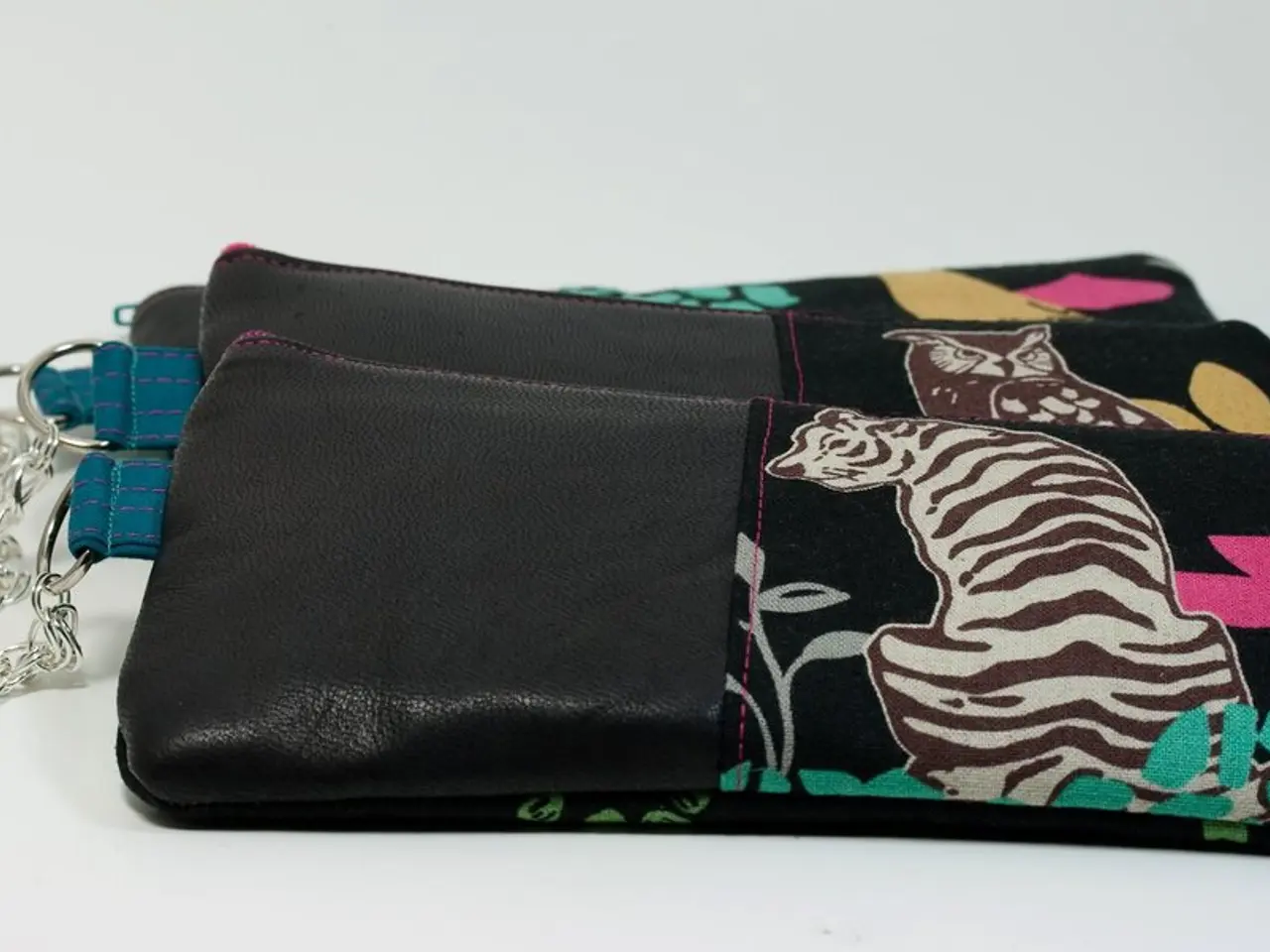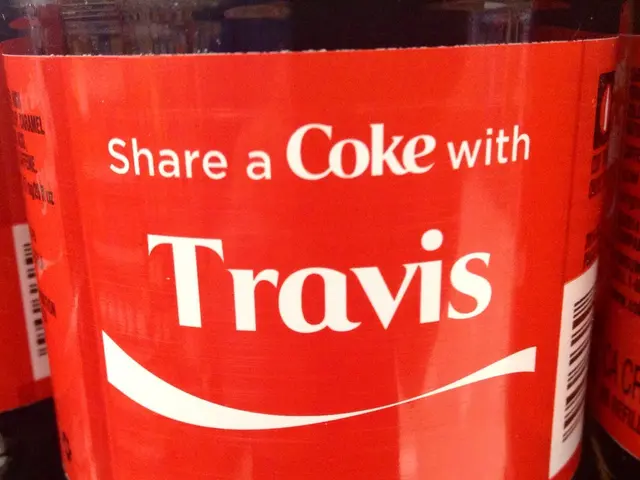Introducing Brazil's First Decentralized Private Credit System, Operating on the XRP Blockchain by VERT
In the world of blockchain and cryptocurrency, Brazil is making a significant stride with the utilisation of Structured Credit Instruments known as CRAs. These instruments, commonly used in Brazil's agribusiness sector, package future cash flows from companies in the industry.
Ripple, the global leader in enterprise blockchain solutions, is at the forefront of this revolution. The company's blog post reveals its aim to make Brazil's capital markets more efficient, transparent, and accessible through a secure digital infrastructure.
Ripple's XRPL Ledger, in particular, has made a splash with its first transaction - an agribusiness receivables certificate (CRA) valued at BRL 700 million ($130 million). This marks the largest real-world asset issuance recorded on the blockchain to date.
Moreover, Ripple's native token, XRP, has been in the limelight recently. Reports suggest that Chris Larsen, co-founder of Ripple, moved over $175 million in XRP to exchanges during the recent rally. However, despite this development, the price of XRP slipped 1% to $3.07, marking a drop of more than 10% over the past week.
The XRPL Ledger isn't the only platform making waves in the blockchain world. VERT, a Brazilian financial services firm, has launched a private-credit digitization platform on the XRP Ledger for managing private credit operations. The platform replicates traditional processes of securitization and fund management, but stores everything digitally.
The XRPL Ledger has also seen a surge in total value locked (TVL), recently hitting an all-time high, exceeding $93 million according to DefiLlama data. Ripple's RLUSD stablecoin, meanwhile, boasts a market capitalization of roughly $557 million.
Besides the XRP Ledger, the largest tokenized Real-World Asset (RWA) issuances on public blockchains are primarily on Ethereum and Solana. These two platforms host significant volumes of tokenized assets such as private credit, treasuries, commodities, and equities. However, the largest individual tokenized RWA issuance on a public blockchain, outside the XRP Ledger, remains well under $200 million.
Looking ahead, VERT aims to expand the platform's capacity to manage a pipeline of structured credit transactions exceeding $500 million, though the timeline for this expansion is unclear.
Sources:
- Ripple Blog Post
- DefiLlama Data
- Ripple's Plans on the XRP Ledger
- On-chain Analytics Data
Finance plays a crucial role in the expansion of Ripple's XRPL Ledger in Brazil. The platform's first transaction involved an agribusiness receivables certificate (CRA) valued at BRL 700 million ($130 million), marking a significant stride in the utilization of blockchain for structured credit instruments.
Transactions on the XRPL Ledger have also resulted in a surge in total value locked (TVL), recently hitting an all-time high of over $93 million according to DefiLlama data, indicating growing financial interest in this digital infrastructure.




